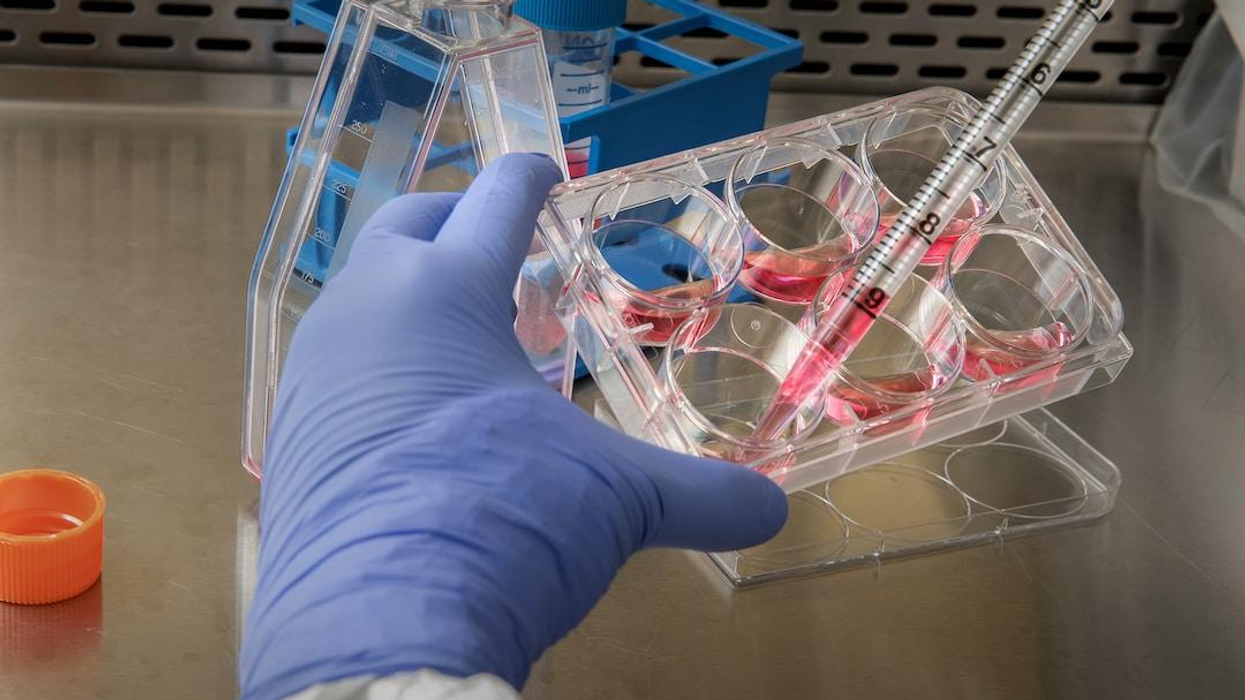The Pharmaceutical Services Negotiating Committee (PSNC) has rejected Department of Health and Social Care (DHSC) and NHS England’s proposal on price concessions reform and relief measures to ease pressure on pharmacies.
The Committee called the proposal ‘insufficient’ to meet the sector’s needs considering the impact of the current crisis, reflecting on the economic pressures that accelerated through the autumn and winter.
The Ministers and other decision-makers have shown their interest in the potential role of community pharmacy, particularly in using a Pharmacy First approach and making use of PGDs and the skills of independent prescribers.
But the Committee had made clear to them that without new money this is all a pipedream. “We need an urgent injection of funds into the sector, otherwise we will continue to see a degradation of services and eventual collapse of the network. The Committee is clear that there is no further place for warm words while pharmacy collapses,” said PSNC.
The Committee reflected that the 5-year CPCF agreement had been based on working together to create the capacity and context necessary to deliver the shift towards greater service delivery. Not only has that capacity-release not happened due to slow progress by Government, but pharmacies have also been burdened with these additional, and insurmountable, challenges.
“Government urgently needs to decide whether they want to build community pharmacy into their plans to improve access to primary care, or stand by and see the sector collapse. We have made this point repeatedly to Ministers, NHSE and officials.”
The Committee’s discussions were informed by the feedback and comments made in December’s contractor engagement events, and they noted the high level of influencing and campaigning work that has been carried out by the PSNC team since then.
PSNC will meet again later this month, ahead of the first meeting of the newly elected Committee in April.
PSNC Chief Executive Janet Morrison said: “Both proposals were rejected – they went nowhere near far enough to solving our current struggles. We have written to the Department and NHS to that effect, once again setting out for them the decision that Ministers face: a decision about whether to step in and help our resourceful, valuable and much-needed sector; or whether to stand by and watch funding cuts continue to decimate it.
“Whatever their response, we will not stop fighting tirelessly on your behalf – we know that with the right support our sector offers solutions to several of the problems that the NHS is grappling with, so we will continue to present short and long-term solutions to Government. Alongside this, our influencing and campaigning work carries on apace, and we are approaching the next phase of our work with Nuffield Trust and The King’s Fund to set out a viable future for the sector.”











